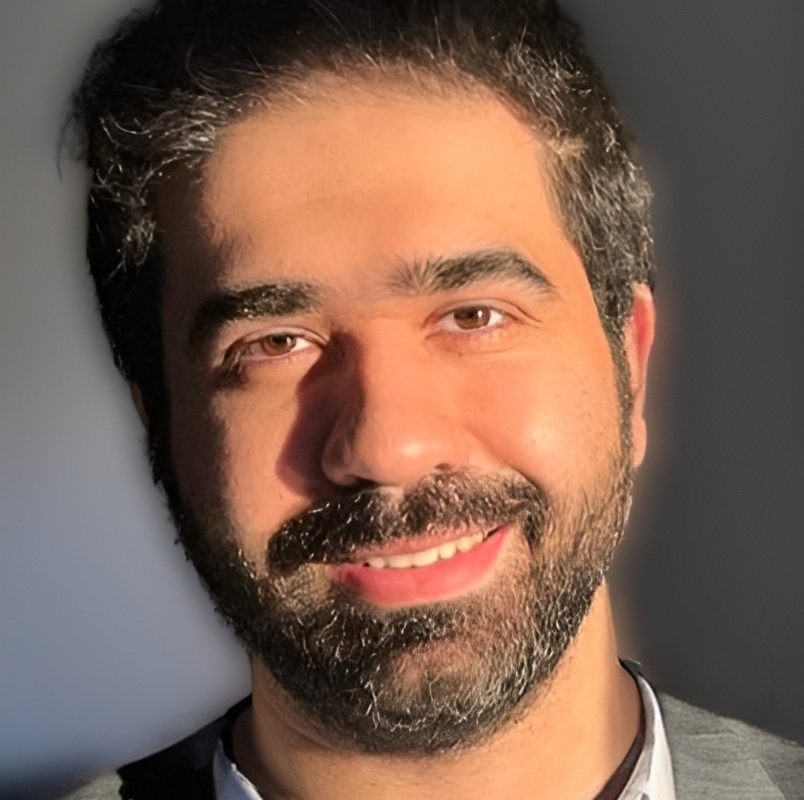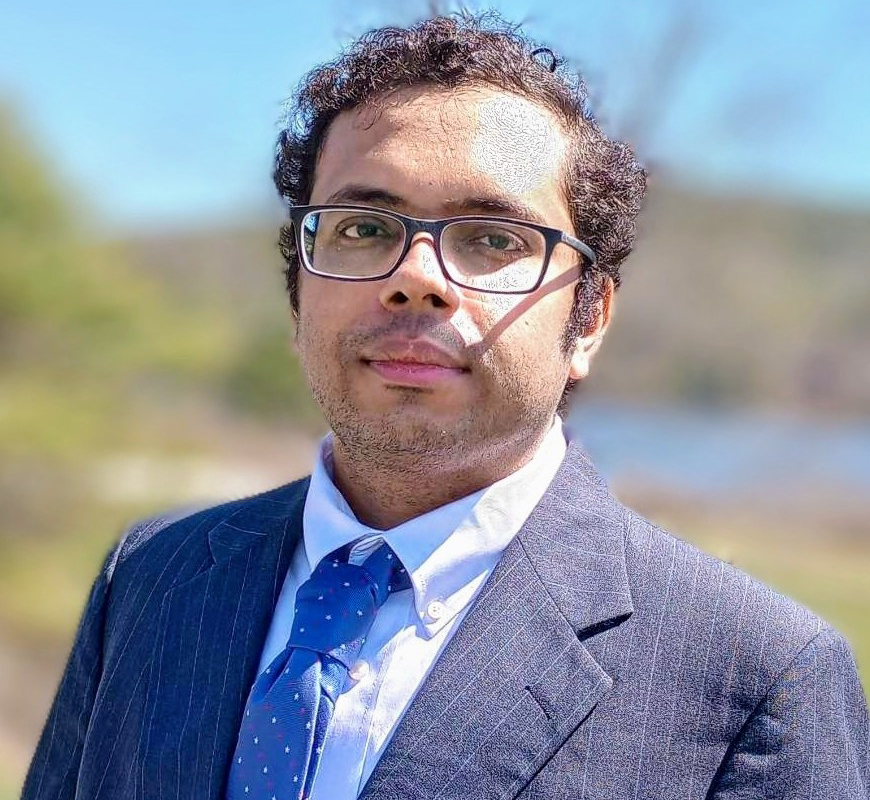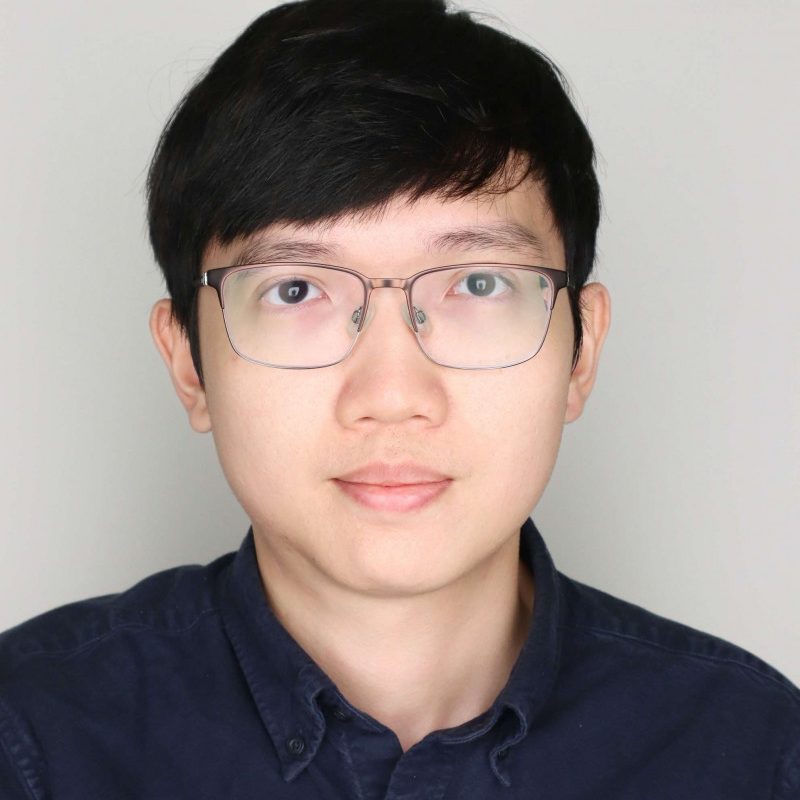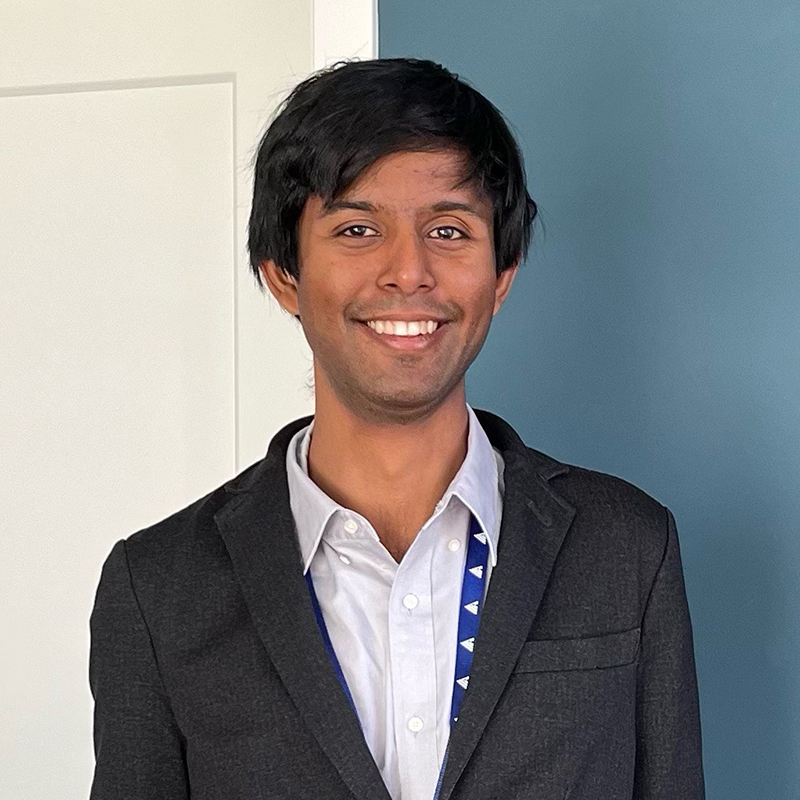
New Fall 2025 Faculty
Learn about the new CS faculty who will be arriving in Fall 2025!
Dr. Runlong Yu
Assistant Professor
Research Areas:
AI for Science, Physics-Guided Machine Learning, Foundation Models
Dr. Runlong Yu’s research focuses on advancing artificial intelligence and data science to address real-world challenges with significant societal and scientific impact. A central theme of his work is the development of machine learning models that integrate scientific knowledge to facilitate adaptation to dynamic environments. His interdisciplinary approach has broad applications across domains such as hydrology, aquatic science, wildfire science, climate science, agriculture, and biomedicine.
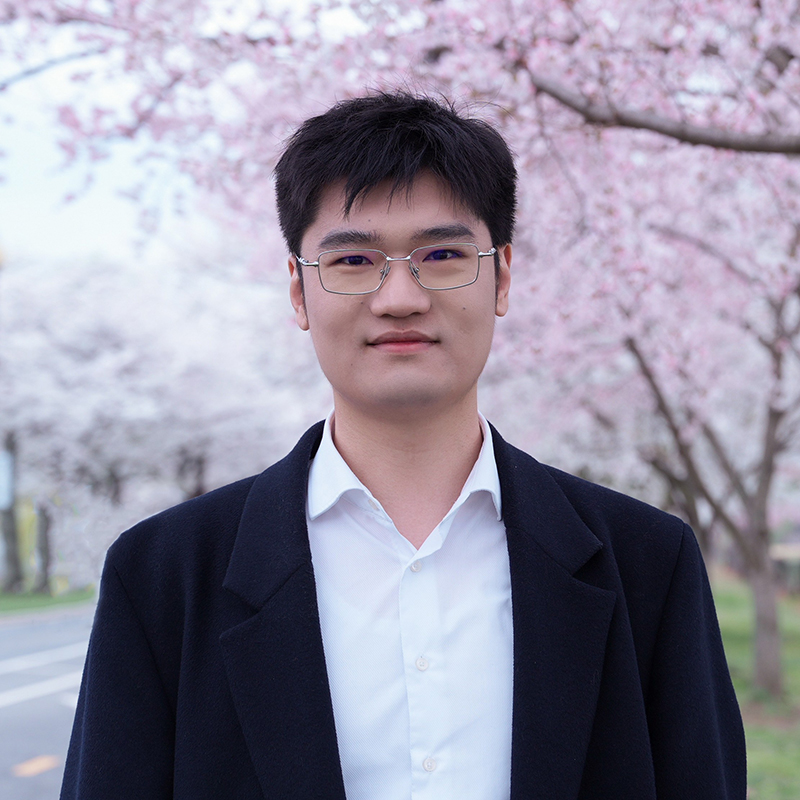
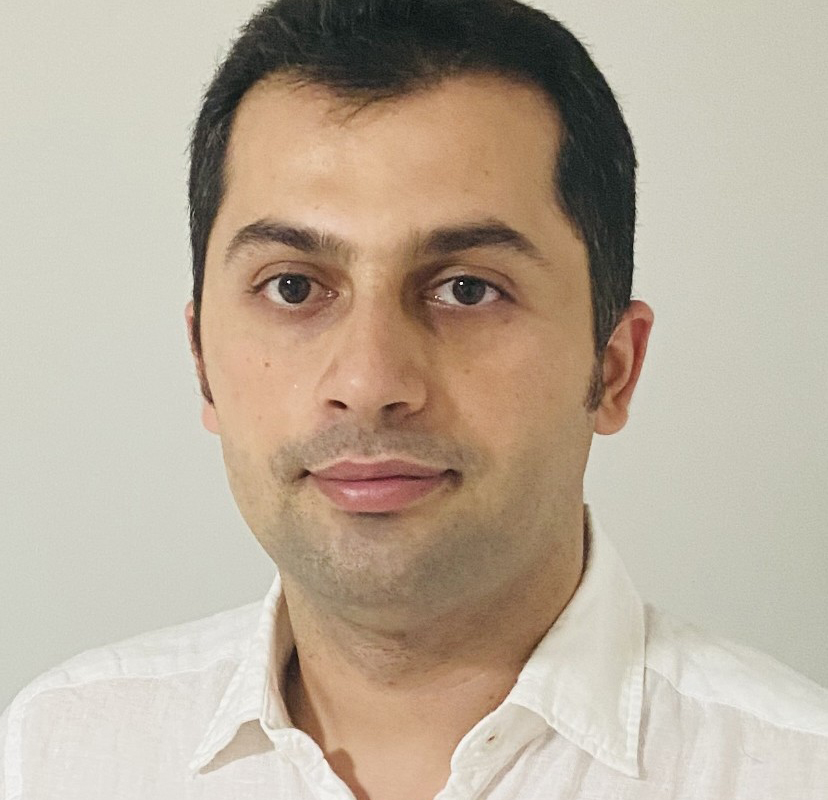
Dr. Noorbakhsh Amiri Golilarz
Assistant Professor
Research Areas:
AI, Deep Learning, Computer Vision, Pattern Recognition, Image Processing
Noor Amiri is an Assistant Professor in the Department of Computer Science at The University of Alabama. Prior to joining UA, he served as an Assistant Research Professor in the Department of Computer Science and Engineering at Mississippi State University. Before that, he was a Postdoctoral Research Fellow at Boston College in Massachusetts, USA. Amiri holds two Ph.D. degrees: one in Computer Science and Technology from the University of Electronic Science and Technology of China, and another in Electrical and Computer Engineering from Southern Illinois University Carbondale, USA. His research interests include artificial intelligence, deep learning, computer vision, pattern recognition, and image processing. He has published various peer-reviewed articles and has served as a lead guest editor for multiple SCI-indexed journals. In 2024, he co-founded AI Letters, a double-blind peer-reviewed journal, where he currently serves as the Associate Editor-in-Chief.
